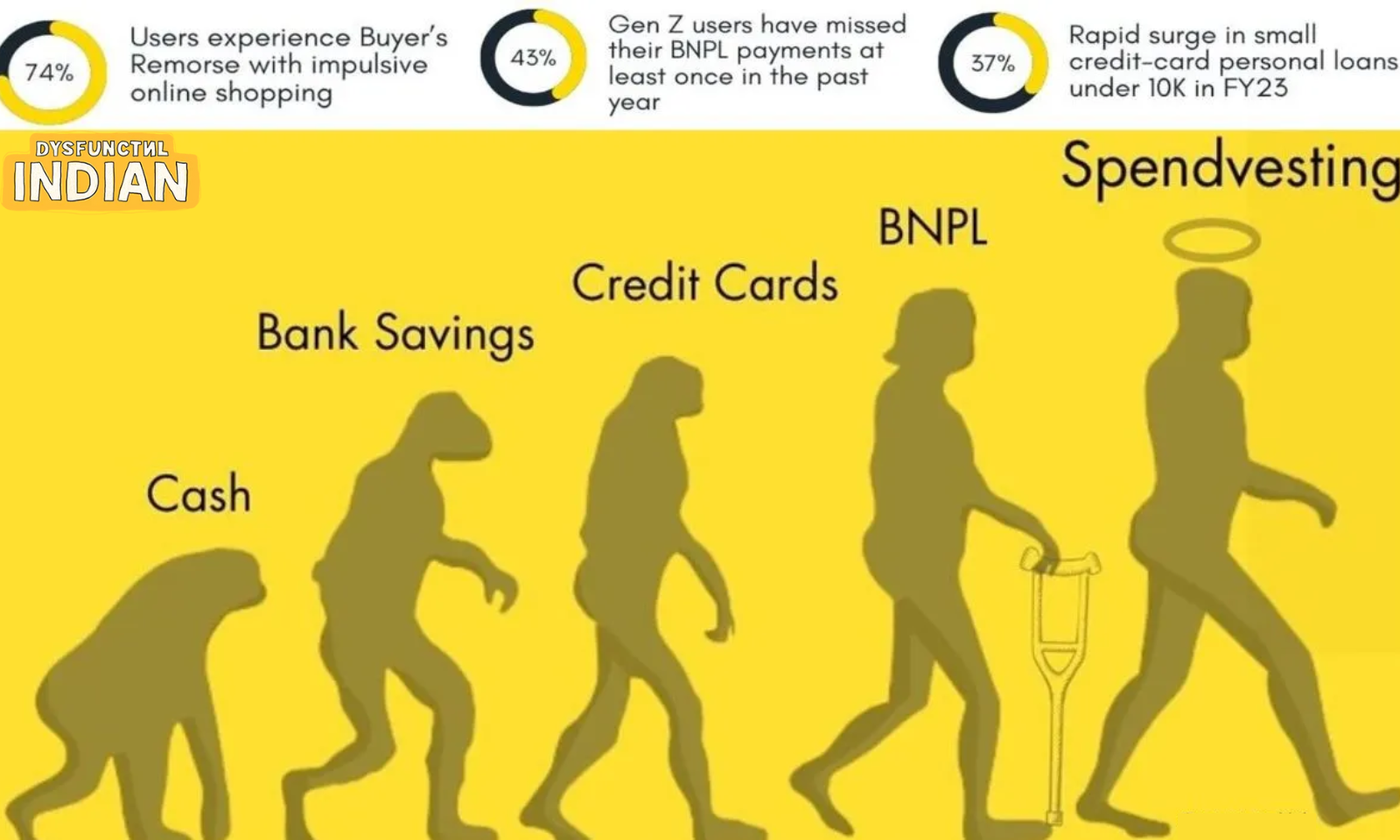The Imperative of HFSS Taxation in India
Posted by admin on 2024-01-29 |
Synopsis:
Urgent need for High Fat
Sugar Salt (HFSS) taxation in India due to rising health issues. It can benefit
public health, and align with global practices.
In recent years, the global surge in the consumption of High Fat Sugar Salt (HFSS) foods has emerged as a major contributor to health issues like obesity, diabetes, and high blood pressure. A World Bank report revealed that 70% of overweight and obese individuals reside in Low- and Middle-Income Countries, with a 55% rise in rural areas worldwide.
Alarming Surge in Ultra-Processed Foods
India, especially, has seen a big change in eating habits, with the ultra-processed food sector growing at a staggering rate of 13.4% annually from 2011 to 2021. Being the largest producer and consumer of sugar globally, India is facing a worrying rise in HFSS food consumption. Shockingly, half to sixty percent of edible sugar, salt, and fat produced in India are used by the processed food industry, leading to over $30 billion in sales of snacks and soft drinks last year.
This growing trend not only poses serious health risks but also affects productivity and economic growth. In 2017, the economic impact of overweight and obesity in India reached $23 billion, a figure projected to skyrocket to $480 billion by 2060 if nothing is done.
HFSS Taxation: A Vital Intervention
The need for HFSS tax
comes from market failures related to HFSS consumption, leading to negative
impacts on society and individuals. Negative impacts include increased
healthcare costs, burdening public health insurance programs. Internal impacts
come from consumers' limited understanding, influenced by aggressive marketing,
resulting in unintentional harm. HFSS taxes can be a targeted and effective way
to change harmful consumption habits, as seen in various countries.
One of the most
effective byproducts of the HFSS taxation is that it will nudge the food industry
to produce healthier products. Well-designed HFSS taxes can be fair and
financially neutral. For example, having different tax rates based on the
nutritional quality of the food can make healthier choices more affordable and
accessible.
The point to stress
is the importance of viewing HFSS taxation as a public health necessity in
India. Properly designed taxes can discourage HFSS consumption, encourage
healthier choices, and push manufacturers to make healthier products, improve
public health, reduce the burden on the healthcare system, and contribute to
the nation's well-being. To be effective, tax rates should be different based
on nutritional content, making HFSS foods face higher tax rates than healthier
alternatives.
Implications
The current Goods and Services Tax (GST) system on ultra-processed foods in India is not aligned well with nutritional content. Inconsistencies in tax rates on items like sugary beverages, juices, and salty snacks fail to consider the varying nutritional impact of these products
HFSS taxation can be a powerful tool in addressing the growing epidemic of overweight and obesity. Globally, Countries like Denmark, France, Hungary, Mexico, South Africa, the United Kingdom, and the United States have already responded to the call and now have a tax levied on HFSS foods. In India, taxation will create a more sustainable and fair food system, prompting significant steps towards a healthier future for its population.









